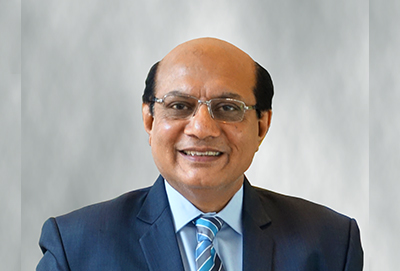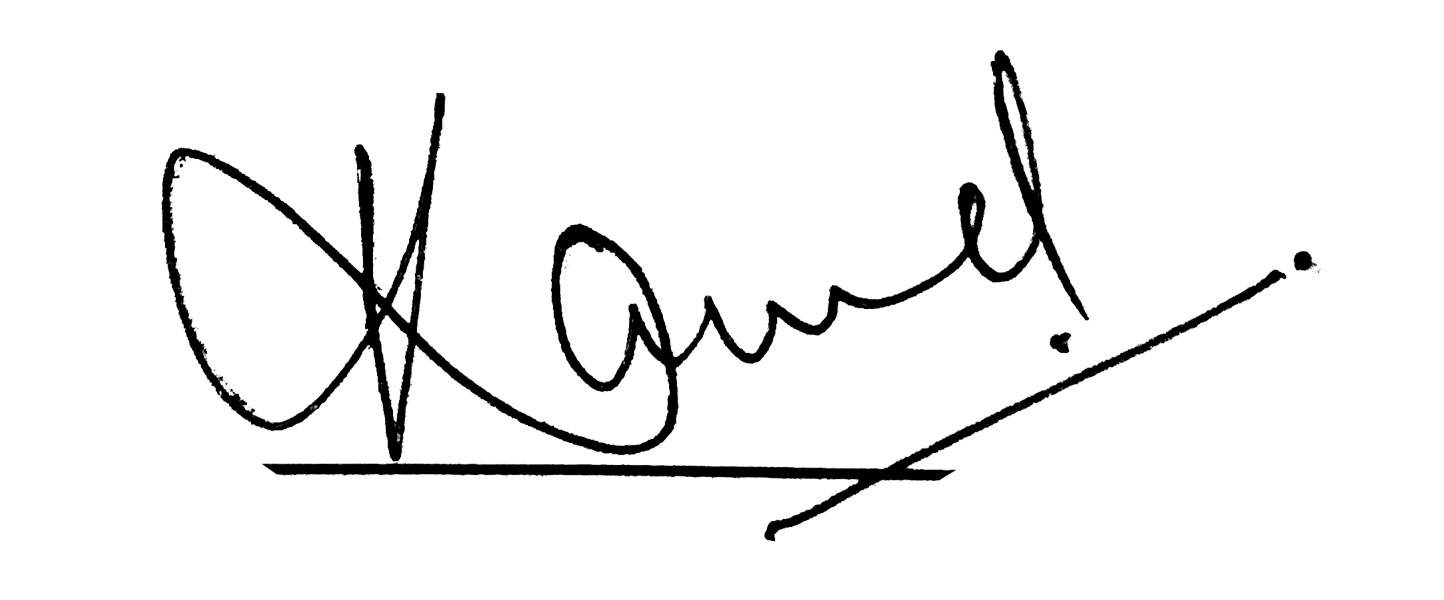Dear Rotarians,

Clean water is a basic need for human beings. Access to clean water ensures healthier and more productive lives. But in India, at least 3,000 children die every day from diseases caused by unsafe water, which is what motivates our members to build wells, install rainwater harvesting systems, and teach community members how to maintain new infrastructure.
While very few people die of thirst, millions die from preventable waterborne diseases, providing us the challenge and opportunity to improve sanitation facilities in undeveloped countries. Members start by providing toilets that flush into a sewer or a safe enclosure and then add education programmes to promote handwashing and other good hygiene habits.
Recognising the urgency and need to address water and sanitation issues, Rotary India, led by RIPN Shekhar Mehta, Director Bharat Pandya and me, has launched two verticals at the recently concluded Rotary India Centennial Summit 2020 — Rotary India Water Mission (RIWM) chaired by PDG Ranjan Dhingra and Rotary India Sanitation Mission (RISM) chaired by PDG Ramesh Aggarwal.
The next five-year-goal for RIWM includes a Water Development Target — construction of 10,000 check dams impacting 500 million acres of land; intensive afforestation by planting five million trees in the vicinity of these waterbodies at an estimated cost of ₹165 crore.
- Advocacy / Awareness / Activism Target: Touching 500 million lives.
- Transformation / Rejuvenation of water bodies Target: 10,000 large water bodies to be revived on pan-India basis.
- Efficient Rainwater Harvesting (Urban) Target: 50,000 urban rainwater harvesting structures and revival of non-functional RWHS.
- Reduce / Reuse / Respect / Retrieve / Recharge / Recycle of water: Target: 25,000 villages.
The objective is to align RIWM with Jal Shakti Abhiyan, a national mission launched by the Union Ministry of Jal Shakti. The goals for RISM for the next five years include covering 1.5 lakh schools for WASH, MHM, BCC, hygiene education and training. Around 5,000 villages will be made ODF-Plus: Proper toilets, tap water supply and sanitation facilities in homes, schools, healthcare centres, anganwadis, etc.
Friends, let us tighten our belts, the climb is steep, but climbing must be done.

Kamal Sanghvi,
RI Director, 2019-21





